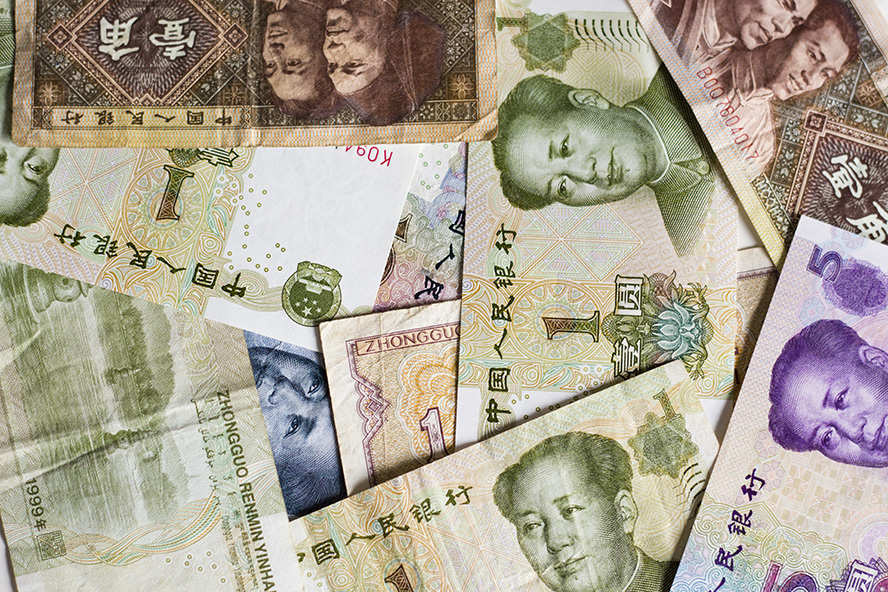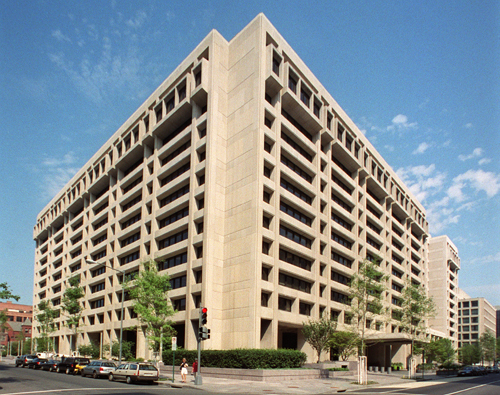By admitting China to the exclusive club of countries that make up its reserve basket of currencies, the International Monetary Fund (IMF) is breaching its requirement that currencies should be freely traded. One reason for this is that the IMF thinks its control of the global financial system is more assured with China at the top table rather than excluded from it.
During the Global Financial Crisis, China was highly critical of the international financial system and called for greater use of Special Drawing Rights (SDR) as an alternative to the dollar. At the same time it argued that the yuan should be included in the basket of currencies that determined the value of the SDRs and stepped up its efforts to internationalise the yuan.
The IMF declined to admit the yuan in its 2010 review of SDR constituents saying it was used by relatively few countries for international transactions and that it was being manipulated by the People’s Bank of China to accommodate the China’s export drive.

The yuan accounts for about two per cent of global payments and foreign exchange transactions. This is tiny compared with the US dollar’s 45 per cent share of payments and 87 per cent of foreign exchange transactions.
Following its rebuff by the IMF, China in 2013 announced the creation of the Asian Infrastructure Investment Bank. This was viewed, rightly or wrongly, in the US and other developed countries, as a first step towards undermining or even replacing the international financial system. It also sent a strong signal that China intends to play a larger role in the global financial system that was commensurate with its economic and political power.
Despite the increased use of the yuan and increased access to China’s financial markets since 2010, the currency is still not freely convertible. Indeed its financial markets would struggle to cope with foreign capital inflows. Economist Takatoshi Ito argues that internationalisation of the currency should follow domestic financial reform. China appears to be going about this in reverse by internationalising the currency before its domestic market. But financial market reform is hampered by resistance within China to reform and exchange rate flexibility.
By agreeing to include the yuan in the its basket of reserve currencies the IMF has calculated that China under the assertive President Xi Jinping would not take kindly to another rebuff. It would risk encouraging China to step up its challenge to the current financial system and the dominance of the dollar.
By admitting China to its elite club, the IMF stands a better chance of encouraging China to continue its integration into the existing world order by removing restrictions on its capital account and increasing foreign access to its financial markets. This in turn will encourage further financial market reforms. At the same time it reassures China that it is receiving the recognition from the developed world that it believes it deserves.

